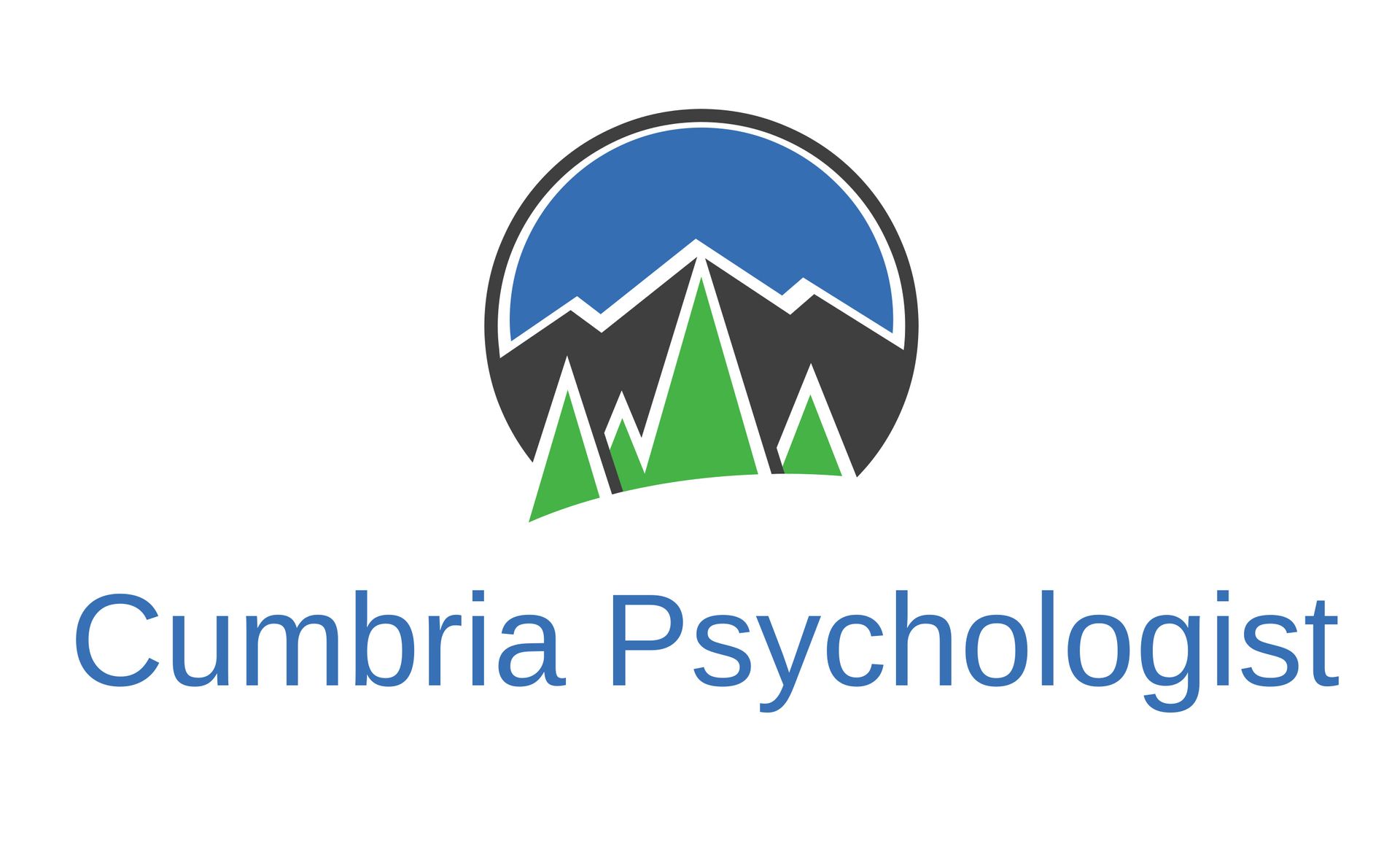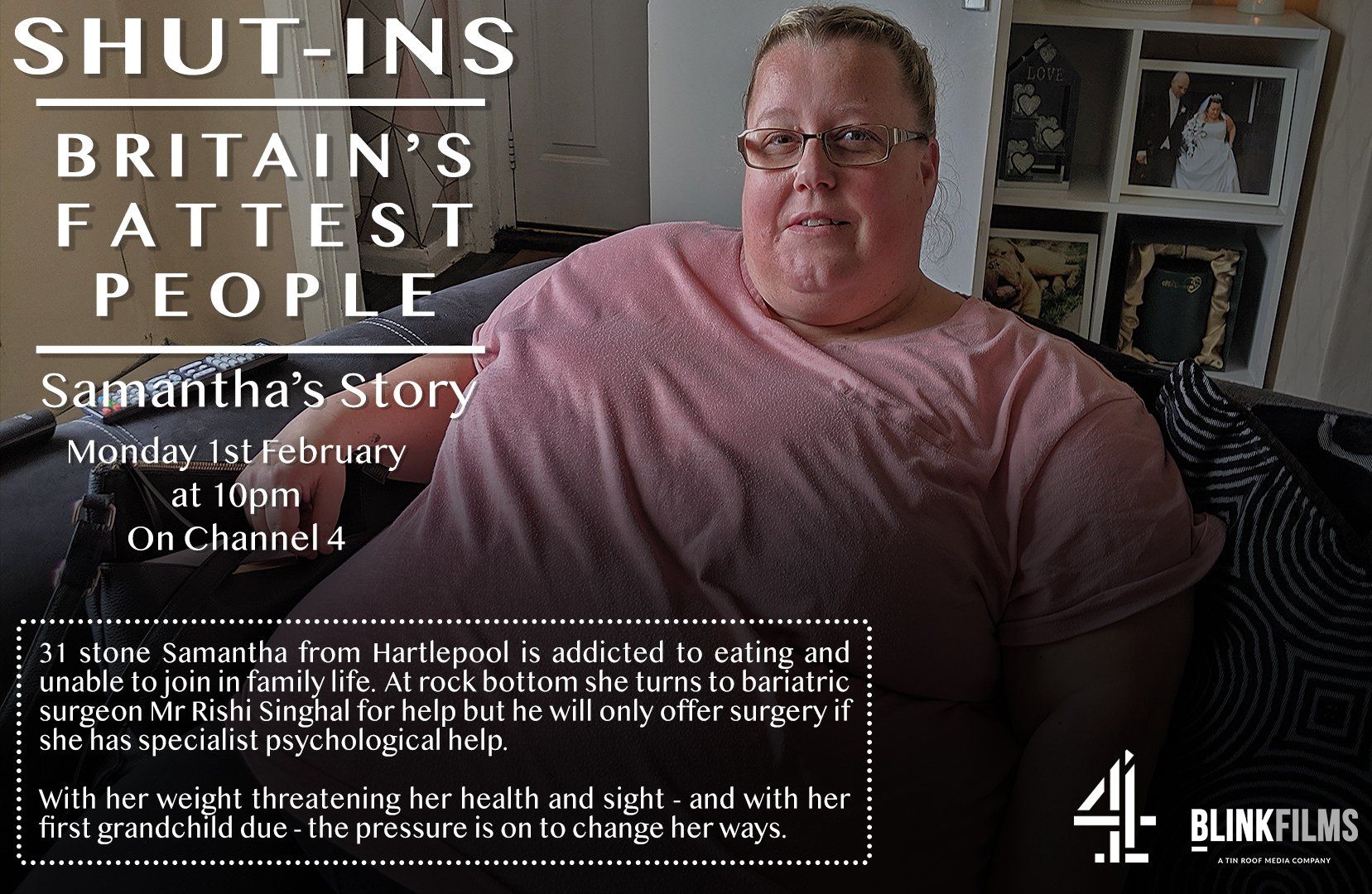FREQUENTLY ASKED QUESTIONS (FAQ's)
What is the most important question I should ask my therapist before embarking on therapy?
The most important question to ask your potential therapist is what qualifications and experience they have in the therapy they are offering. If you have a diagnosed mental health problem it is important that your therapist is a registered mental health professional with a regulatory body such as the Health Care Professions Council (HCPC). This means they are trained to work with mental health conditions. In addition they will usually be registered with a professional body related to the therapy they deliver such as ACAT for Cognitive Analytic Therapy. This ensures that they are operating ethically and that they have confirmed that they meet regular training requirements to ensure that they deliver a quality service that is up to date with the latest knowledge.
What is the difference between a counsellor and a clinical psychologist?
A clinical psychologist is a mental health professional who is regulated and recognised by the Health and Care Professions Council (HCPC) which is the UK statutory body for healthcare professionals. They will have graduate basis for recognition by the British Psychological Society and will have usually have undertaken a 3 year Doctorate in Clinical Psychology approved by the British Psychological Society. They have a clearly defined training pathway which can provide some assurance to clients about the level of their qualification and training. They will have typically (but not always) trained in the NHS with people who have been diagnosed with mental health issues.
By contrast, there are various routes and levels in training as a counsellor. In choosing your clinical psychologist or counsellor it is best to ask about their training and experience to ensure that you choose a professional who best fits your needs. They should be able to guide you to further information about the types of therapies that they offer so that you can be fully informed about the type of treatment that you are choosing.
What is the difference between psychologists, psychiatrists and psychotherapists?
Please paste the link below in your browser for further information:
https://www.healthcareers.nhs.uk/explore-roles/psychological-therapies/differences-between-psychology-psychiatry-and-psychotherapy
How do I get started?
Once you have contacted us we will send you our client documentation for completion. This will includes essential details and consent forms. Once returned you will be able to book in for an initial consultation.
What happens in the initial consultation session?
You will be asked to describe the reasons why you are seeking support at this moment in time. This can involve giving your own understanding of the nature of your difficulties, how they affect your everyday life and any history that you feel may be relevant to your difficulties. This is completed at your pace and you will not be asked to discuss anything that makes you feel highly uncomfortable. You will lead the way with what you want to discuss and when you want to discuss it. You may be asked to fill out some questionnaires as a way of finding out more about you. By the end of the consulatation we will discuss a suggested treatment plan.
Do I need to bring anything?
It is useful to have a pen and paper in case you wish to make notes. You will also need anything that helps you to understand and/or communicate eg. glasses. If your session is online you will be sent further information about what you will need to make the most of the session.
Can I bring someone with me?
Usually all clients are seen individually. If you wish to have another person present during your session please discuss this when arranging your appointment so that we can consider the value of this together. Please be aware that there is no waiting room in the building for those bringing you for appointments.
Do you offer emergency appointments?
We are a planned rather than emergency service and do not typically provide ongoing support outside of or between sessions. If you have a mental health emergency you should contact statutory mental health services via your local NHS 111 service or GP.
How long can I expect to be in treatment?
A typical treatment lasts around 16 sessions with an optional follow up.















